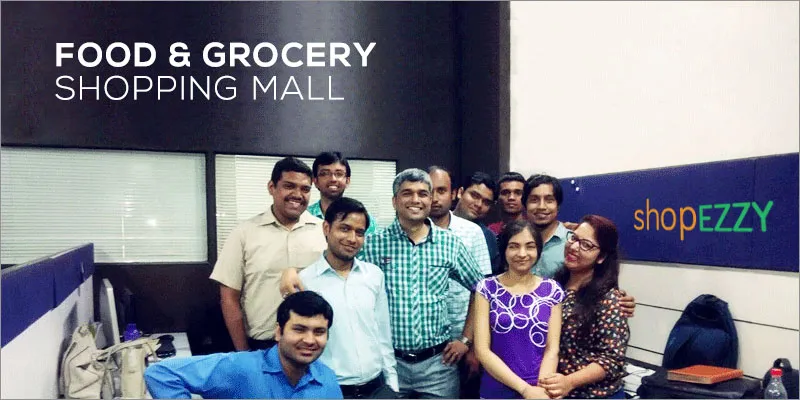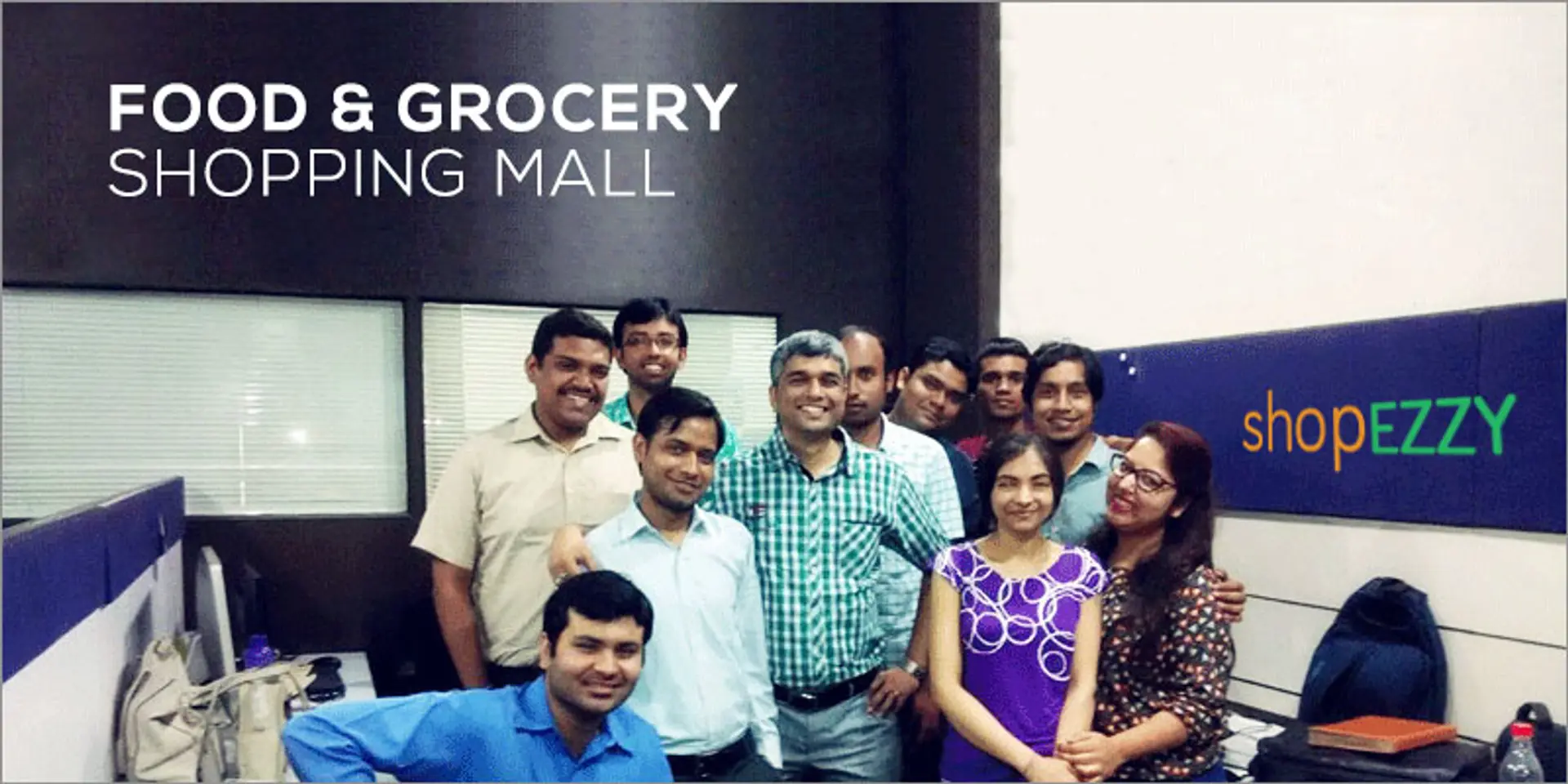In $500 billion grocery retail market, Shopezzy enters to exploit online grocery segment
There’s no letup in the interest of entrepreneurs in the hyperlocal segment. From afar, with so many hyperlocal platforms, the industry may look saturated. However, contrary to our understanding, the industry loves to surprise the experts.

Shopezzy, a Gurgaon-based, hyperlocal online platform for grocery and daily-use items, is a new entrant and reminds us of the continuous development in the segment. Launched in April 2015 by Mahesh Jakhetiya, Shopezzy aims at making grocery and daily need shopping easy for the consumer. Its target group is working executives, affluent households, and the middle class.
The online platform claimed to have more than 5,000 app installations in a month’s launch and has tied up with 10 retail stores. By the end of August, it expects to have 10,000+ app installs and over 50 retail stores onboard covering Gurgaon region.
“The idea is to leverage the existing capabilities of retailers to fulfill the consumer requirements quickly, rather than building parallel logistics capability on our own. We believe this is essential to stay profitable in the grocery segment, which is a thin margin business,” says Mahesh Jakhetiya, Founder, Shopezzy. He adds that he also intends to help retailers using technology to counter the online threat.
What’s new in approach?
The venture claims that its biggest winning point is the fulfillment of orders within 20 to 30 minutes of placement, at no extra cost. Besides this, it arranges the shipment of products from nearby retailers, making delivery quicker.
“At the moment, we may look similar to other folks, but in a couple of months, our unique proposition would be quite visible. From the social point of view, there is a large number employed by local retailers to manage their day-to-day operations. However, they lack the necessary training and polishing required in dealing with the customer. Our endeavor is to make them better in what they do,” says Mahesh.
On company’s roadmap are plans to better online grocery shopping using data analytics and personalised recommendations for the customer.
Investment, funding & business
The platform is currently bootstrapped. It started with an initial investment of USD 80, 000 that went into technology building, operations, and marketing. The company is in the process of securing pre-VC funding to increase marketing efforts and get increased traction. It intends to raise USD 10 million within next six months to fuel growth.
Currently, Shopezzy charges sales commission from retailers on every fulfilled order. Going forward, it intends to add multiple revenue streams to strengthen the profitability. In the past months, it claims to have 200 percent month-on-month growth in orders placement.
Market overview and competition
Grocery retail is a USD 500-billion market in India and less than one per cent of it is online. Hence, the opportunity is huge. In the last six months, plenty of players have entered the market with different strategies, which has brought grocery in the limelight.
Competition is set to intensify further with biggies like Future Retail, Amazon, Flipkart, Snapdeal, PayTM, Aditya Birla and Tata entering the race.
“We believe that it is healthy for the overall ecosystem that one that can sustain the current onslaught with profitable business model and low cost should win the race. Like e-commerce there could be multiple winners in groceries as the market is huge,” says Mahesh.
The competition seems fierce for everyone. Players are trying to win the customers through discounts and offers and there are new entrants every other day. In the analogy of cricket, this isn’t going to be a T20 affair It’s a test match in which one who endures longer with consumers by his side will win, or there could be multiple winners.



